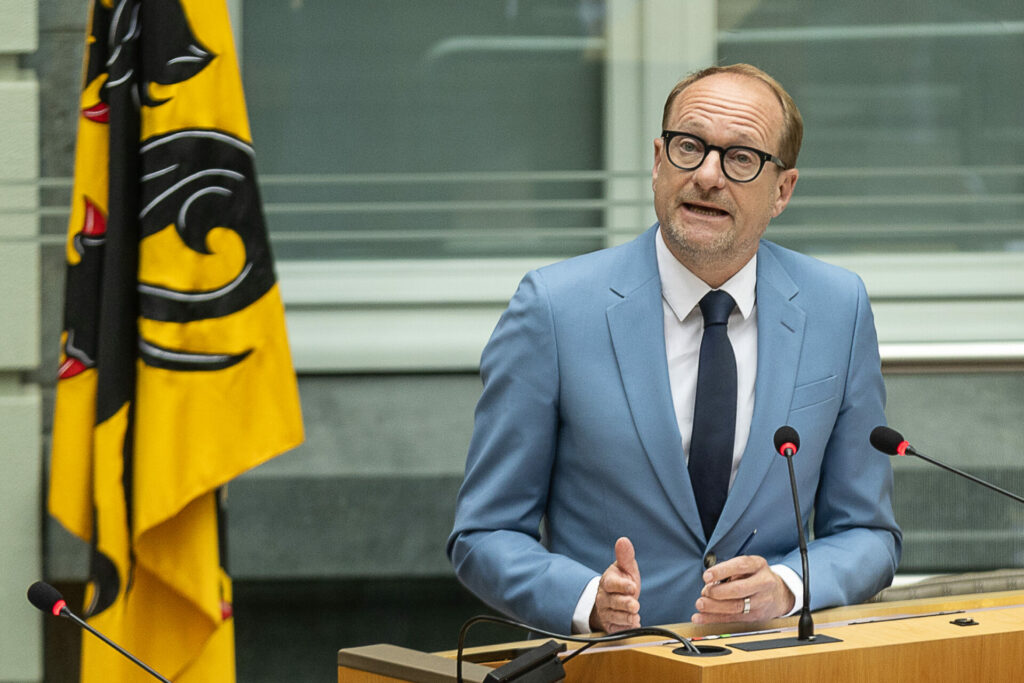For years now, the Flemish Government has been increasing efforts to ensure newcomers in the region are better integrated. In its latest bid, it is looking to organise language and integration courses in countries of origin of newcomers.
Soon, people looking to come to Belgium, specifically to Flanders, can take 'Dutch as a second language' (NT2) and follow an integration course even before they travel to the region, Het Laatste Nieuws reports. The regional government reportedly took this landmark decision just before the Christmas holidays.
"The sooner you start learning Dutch, the sooner you will be successful with us," Education Minister Ben Weyts (N-VA) said. "That is why the Dutch class will also be open to people from all countries of origin: we are not going to exclude anyone."
The NT2 course is already taught in adult education in the region and specialises in teaching Dutch to people from "very diverse backgrounds". In the first instance, this will be done through distance learning. Digital platforms for this have already been experimented with during the pandemic.
The Flemish nationalist MP is relying on the adult education centres (CVO) to take the lead in this project and will be freeing up more than half a billion euros in subsidies this year for this purpose. The aim is to ensure that people who come to live in Flanders already master the language but also the region's customs and culture before stepping on Belgian territory.
Targeting Arabic
When it comes to the so-called 'social orientation' course, which deals with topics such as euthanasia, adoption and LGBTQ rights, the situation is considered different, as this is taught in the language of origin, meaning it is more challenging to include all newcomers.
It was therefore decided that a first pilot project in Arabic would be launched this spring, targeting non-EU citizens, who are required to integrate. Most participants will log on from key countries of origin in terms of family reunification (Morocco, Turkey and Palestine) and labour migration (Jordan and Lebanon).
Minister of Integration Gwendolyn Rutten (Open VLD) is looking to the teaching staff of the Integration and Civic Integration Agency also to offer the 60-hour course online. This was also already done during the pandemic, and is therefore deemed feasible.
The newcomers themselves will be invited by the Flemish Government to follow along from their home countries. The measure is not seen as a tightening of migration policy, as legal residence on Belgian territory is a federal competence.

